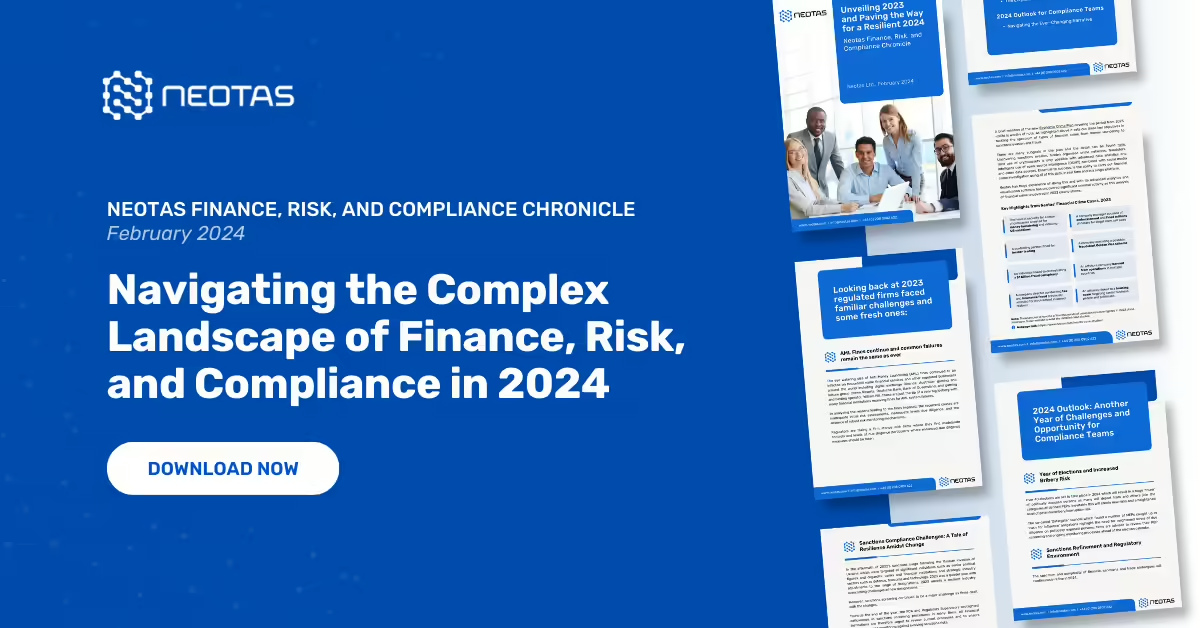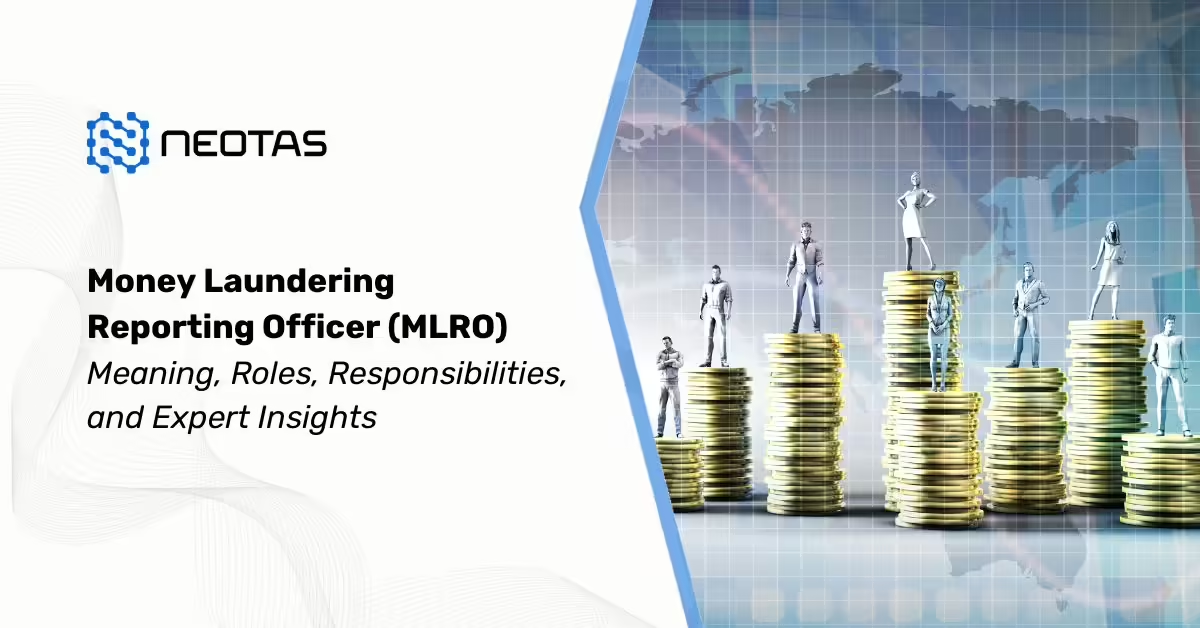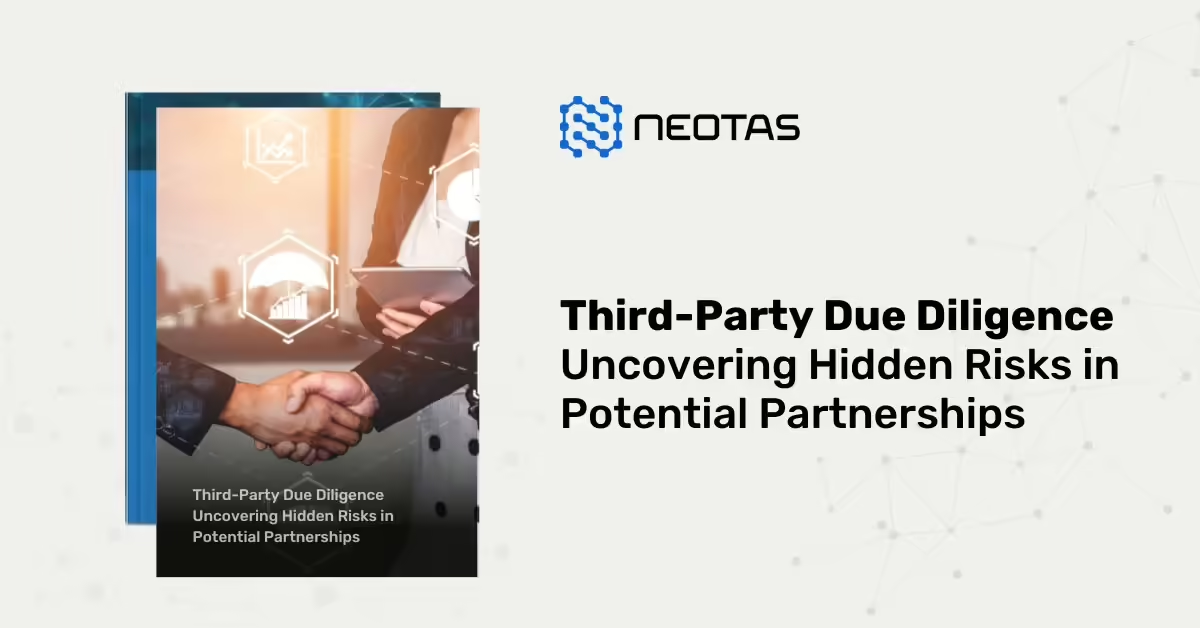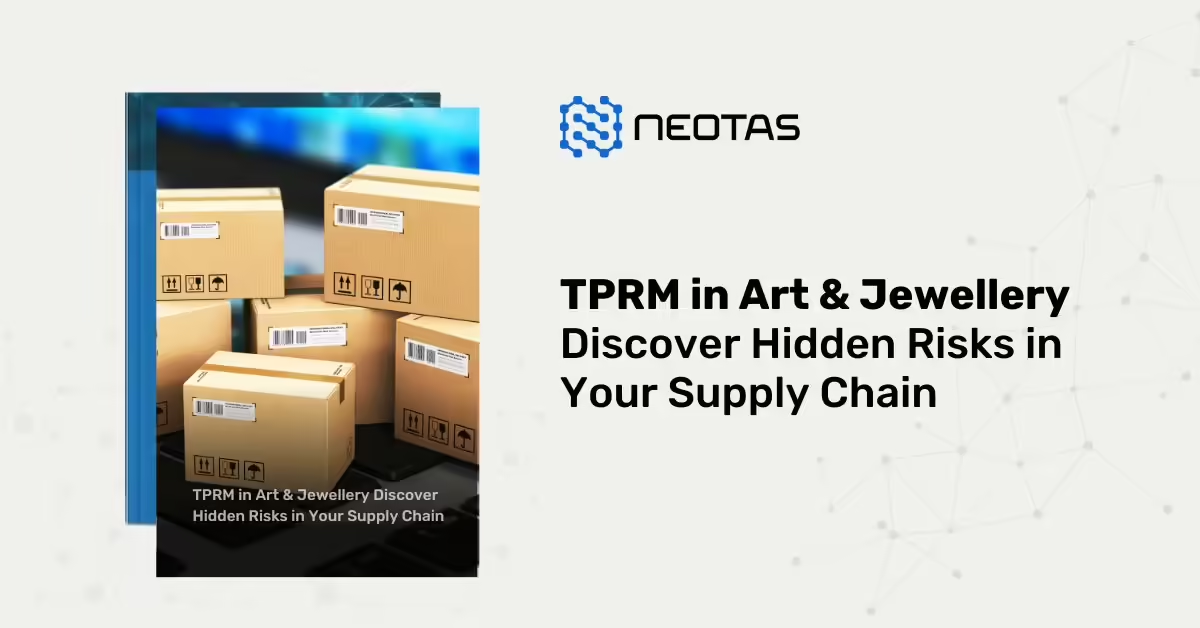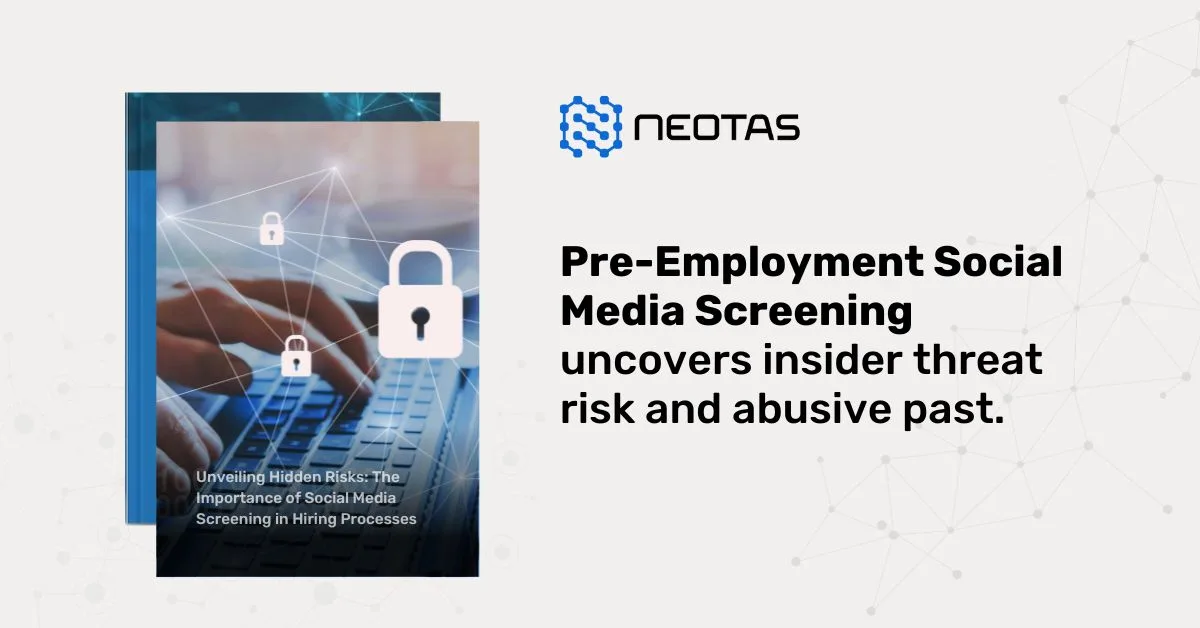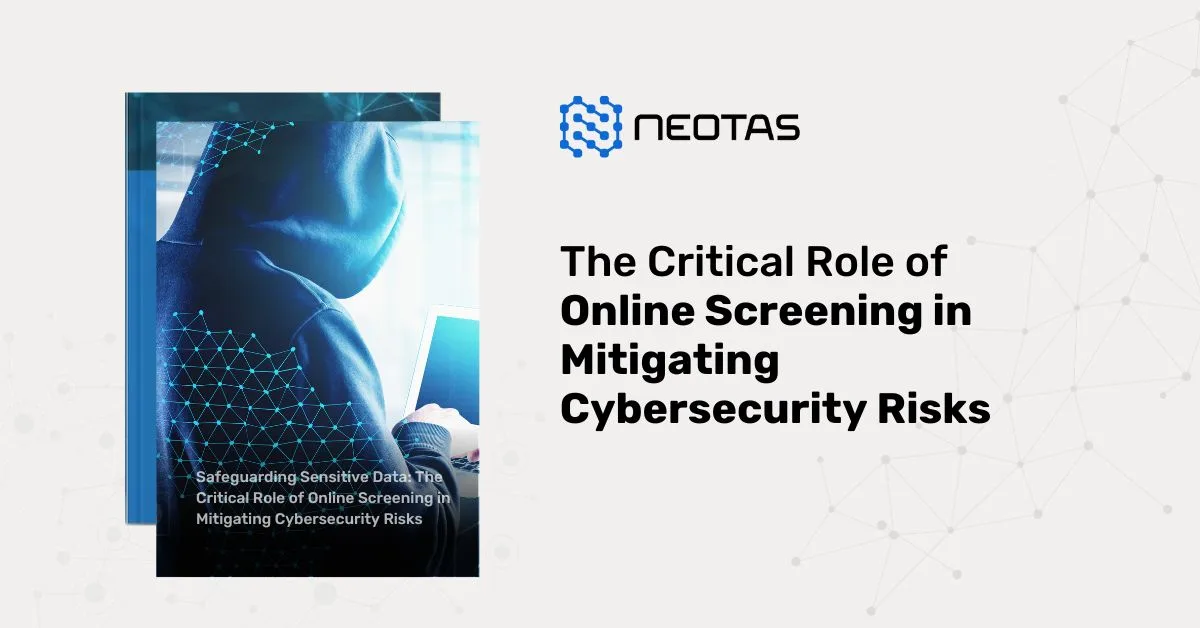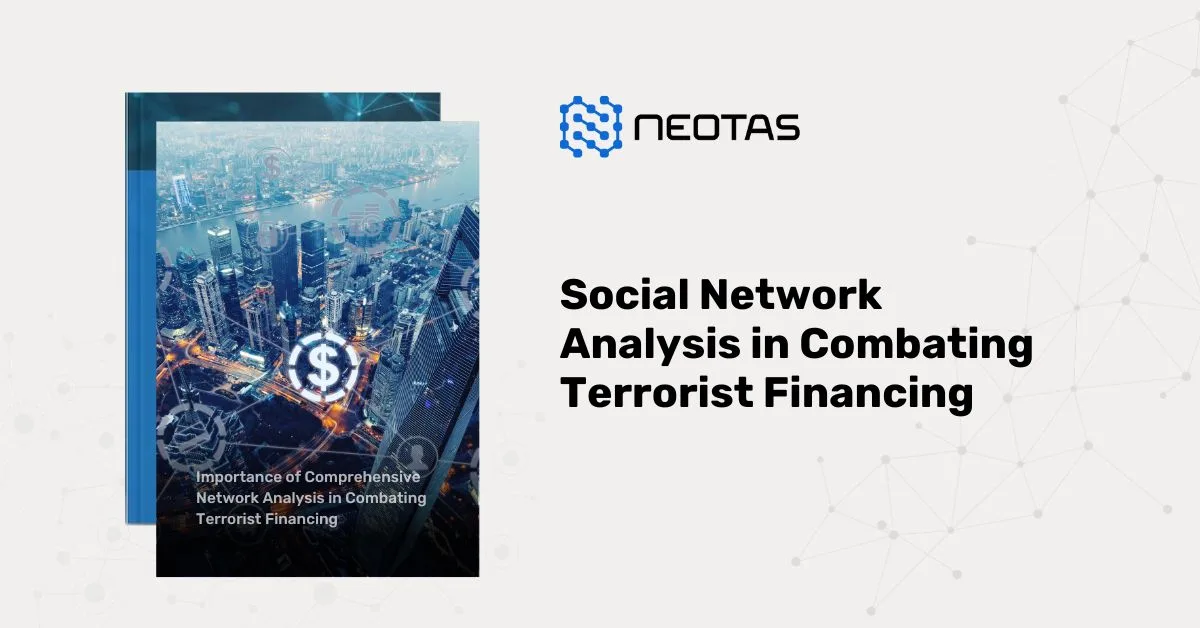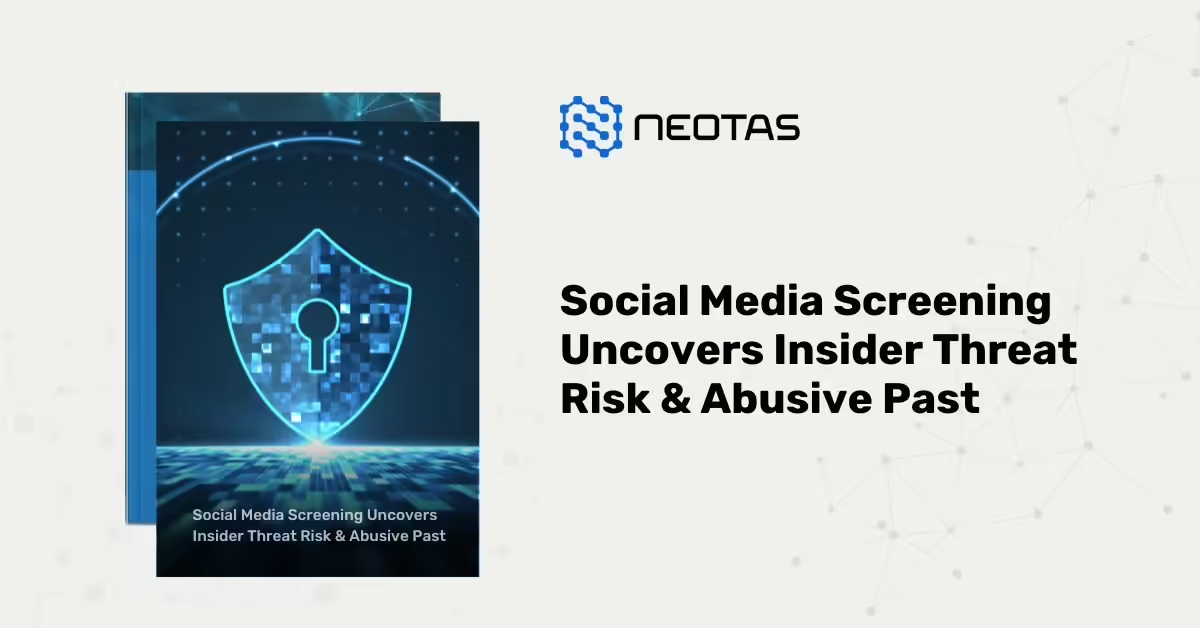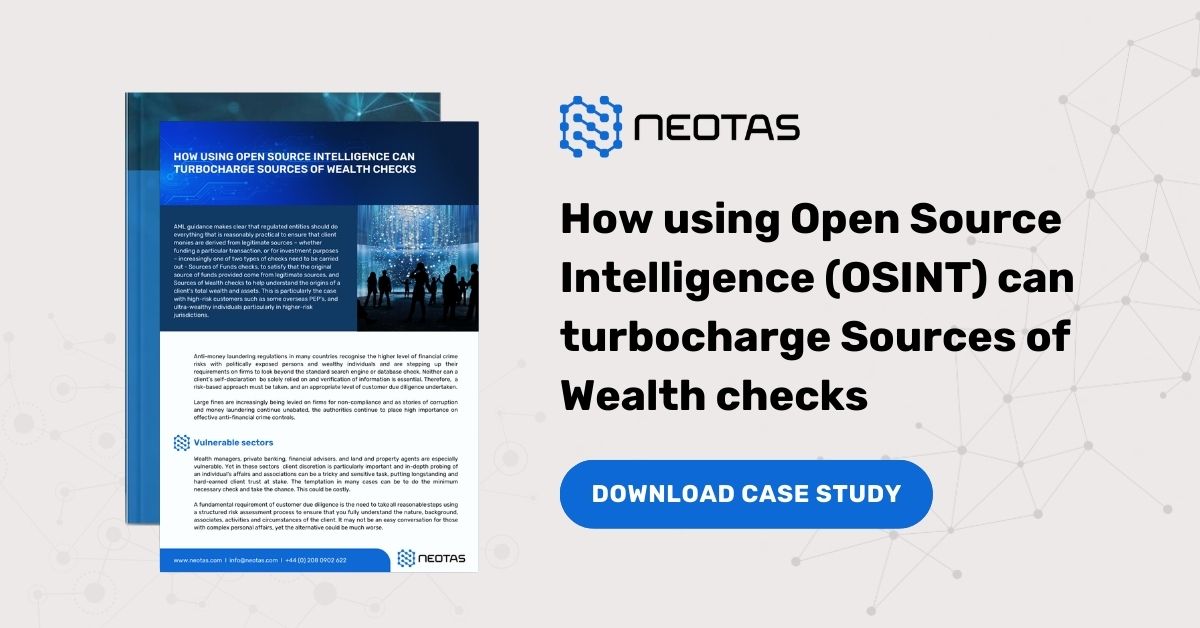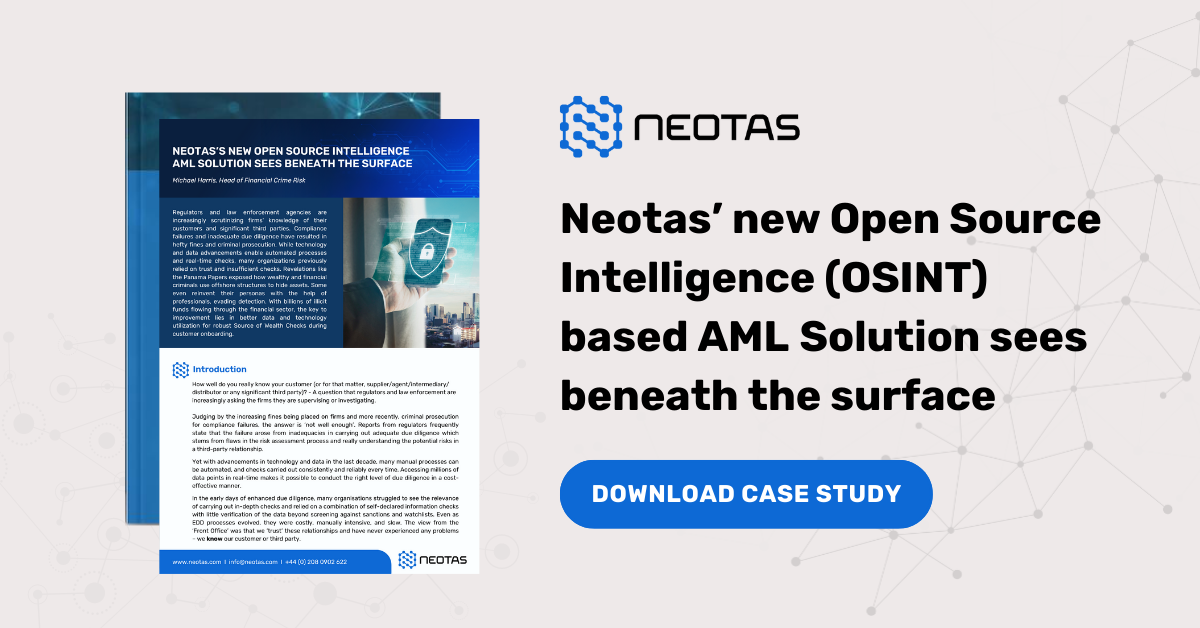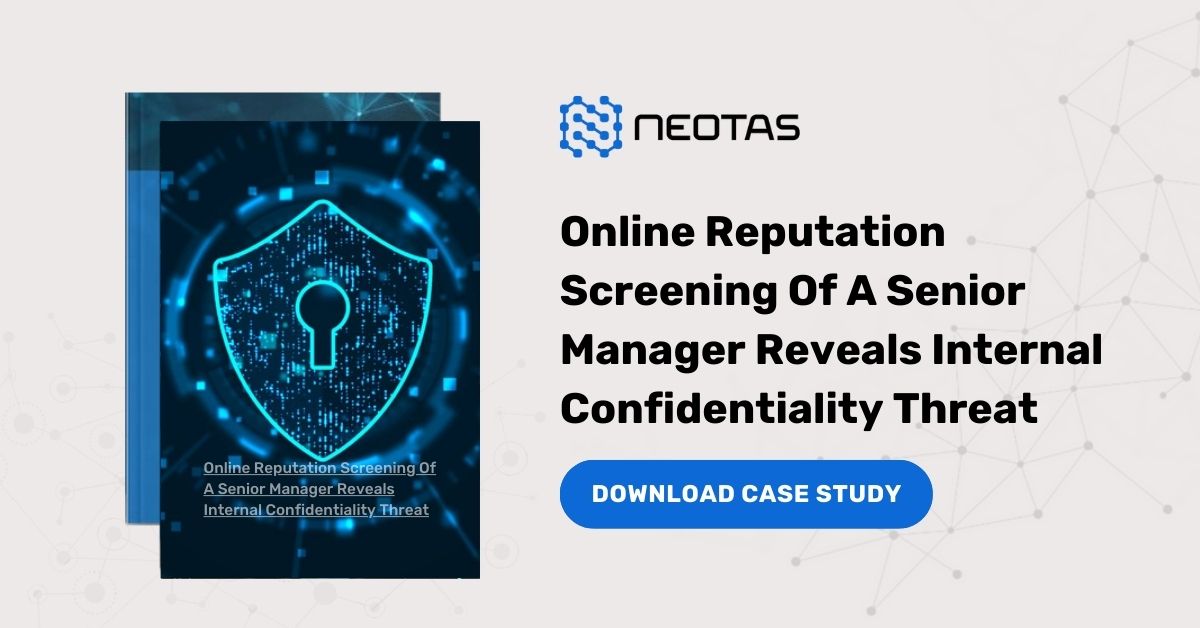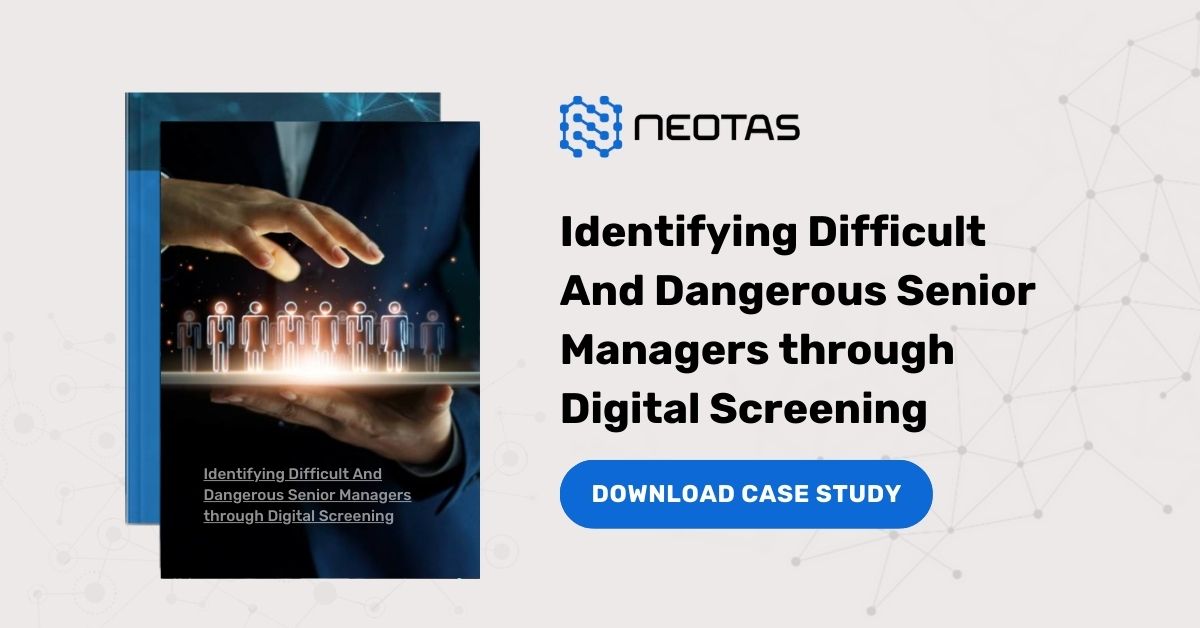What is Enhanced Due Diligence (EDD)?
Enhanced Due Diligence (EDD) refers to a more comprehensive and rigorous process of investigation and evaluation compared to standard or basic due diligence. EDD is typically performed in situations where there is a higher level of perceived risk or regulatory requirements.
Enhanced Due Diligence Requirements
Enhanced Due Diligence (EDD) is often required or recommended in situations where there is a higher level of risk involved, such as:
1. High-risk clients or transactions:
– Clients or transactions that have a higher risk profile, such as those involving politically exposed persons (PEPs), high-net-worth individuals, or businesses in high-risk industries.
2. Mergers and acquisitions:
– When conducting due diligence for a merger or acquisition, EDD may be necessary to thoroughly evaluate the target company’s financial, operational, legal, and reputational risks.
3. Regulatory compliance:
– In certain regulated industries, such as finance, banking, or anti-money laundering (AML) compliance, EDD may be required by law or regulation to mitigate specific risks.
Enhanced Due Diligence meaning:
The goal of enhanced due diligence is to gather more comprehensive information and gain a deeper understanding of the risks involved, allowing for better-informed decision-making and risk management.
The key aspects of EDD include:
- Expanded Information Gathering:
- EDD involves a more extensive collection and verification of information about the individual, entity, or transaction being evaluated.
- This can include in-depth background checks, financial audits, site visits, interviews with key personnel, and investigations into the client’s or target’s history, reputation, and potential risks.
- Increased Scrutiny and Analysis:
- The information gathered through EDD undergoes a more thorough and critical analysis to identify and assess potential risks, compliance issues, and reputational concerns.
- This may involve specialized expertise, such as forensic accounting, legal reviews, and industry-specific risk assessments.
- Enhanced Monitoring and Ongoing Review:
- EDD often includes a more robust and continuous monitoring process, where the subject of the investigation is regularly reviewed for any changes or new information that may impact the risk profile.
- This ensures that the risk assessment remains current and relevant.
The primary purpose of EDD is to:
- Identify and mitigate higher-risk situations, such as those involving politically exposed persons (PEPs), high-net-worth individuals, or transactions in high-risk industries.
- Ensure compliance with regulatory requirements, such as anti-money laundering (AML) and know-your-customer (KYC) regulations.
- Protect the organization from potential legal, financial, or reputational risks associated with the client, transaction, or business relationship.
- Provide a more comprehensive understanding of the risks involved to enable better-informed decision-making.
EDD is commonly required in industries like finance, banking, and government contracting, where the stakes are higher and the regulatory environment is more stringent. However, it can be applied to any high-risk situation where a deeper level of due diligence is warranted.


 Financial Crime Compliance Trends 2024
Financial Crime Compliance Trends 2024